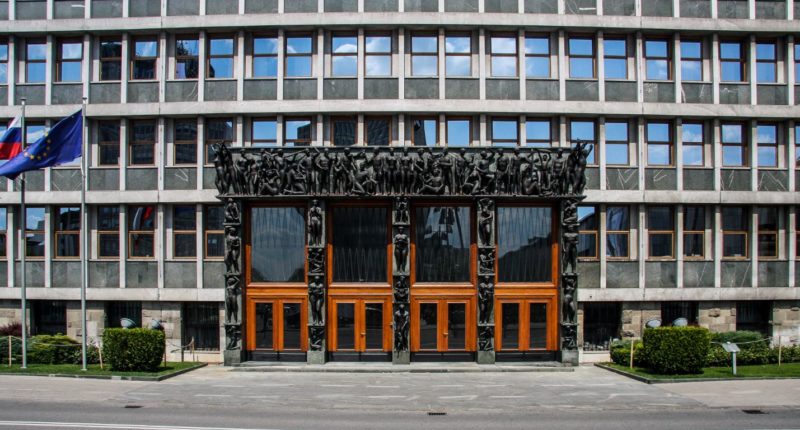At times where more than half of the world is in quarantine and lockdowns, Slovenia, a country in European Union, has announced itself as epidemic free.
The announcement was made by Prime Minister Janez Jansa in the parliament on Tuesday, where he said, “Slovenia has tamed the epidemic over the past two months… Today Slovenia has the best epidemiologic picture in Europe.”
The small country with a population of about 2 million, had declared an epidemic on March 12. Between then and becoming epidemic free, Slovenia witnessed 1,464 coronavirus cases and 103 deaths. Now, after two constant weeks of no more than 7 new cases of COVID 19 being reported everyday, the country has become the first one from Europe to declare independence from the virus.
And with this announcement, comes a host of changes. Now, people travelling from other states of EU will no longer need to stay in quarantine for 7 days upon arrival in Slovenia. Moreover, all bars and restaurants as well as small hotels with up to 30 rooms will be allowed to open next week. The country had already loosened up upon some of the rules of the lockdown imposed on in Mid March, with public transport resuming earlier this week.
However, this also means that any help and financial packages that were announced for the citizens of Slovenia will expire this month. Moreover, anyone visiting from non EU states will still be kept in quarantine for 14 days, with some exceptions like diplomats and cargo transporters. Any foreigner showing signs of COVID infection will still not be allowed to enter the borders of Slovenia, for safety purposes.
Upon opening up of the country, people will still have to follow basic prevention rules, the government said, without elaborating. However, one can assume that this would include practicing social distancing, mandatory masks and so on, as the government guidelines suggest to wear masks in indoor public spaces and stand at least 1.5 metres (5 feet) apart. People would also need to disinfect hands upon entering public spaces by hand sanitisers.
The Tech Portal is published by Blue Box Media Private Limited. Our investors have no influence over our reporting. Read our full Ownership and Funding Disclosure →






